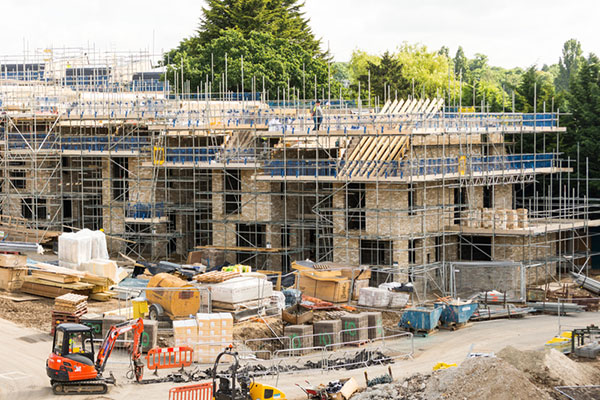You are viewing 1 of your 1 free articles
Four in 10 cannot afford lowest rents in London and South East
Four in 10 households cannot afford even the lowest market rents in London and the South East, major research by a housing association has shown.
Catalyst, a 21,000-home provider based in London, analysed the financial situation of 485,379 households across 25 different local authority areas.
Its research revealed 42% were unable to afford the lowest quartile market rent in their local authority area. This represents 49% of all households in London and 28% for households in the South East.
The research also estimated that based on average values across Catalyst’s area of operation, and not factoring in house price increases, it would take eight to 29 years to build up enough savings to buy a lower quartile value property in London and five to 11 years in the South East.
The association is proposing a new rented product called ‘Affordable Shared Living’ for young people and is devising regeneration schemes which include this.
It is also proposing intermediate rent products for those on middle incomes and an income-based rent product which sets rents according to an individual household’s ability to pay, with annual reviews.
Tom Titherington, executive director for property and growth, said: “The data we have collected demonstrates the depth of the housing crisis, and that it is not just for those on low incomes or trying to buy their first home.
“It shows that those living in the private rented sector and aiming for homeownership have their own specific housing needs, which are not currently being met. We have used the research to propose new tenures that could help to meet gaps in the current housing market; new rungs to fix the broken housing ladder.”










